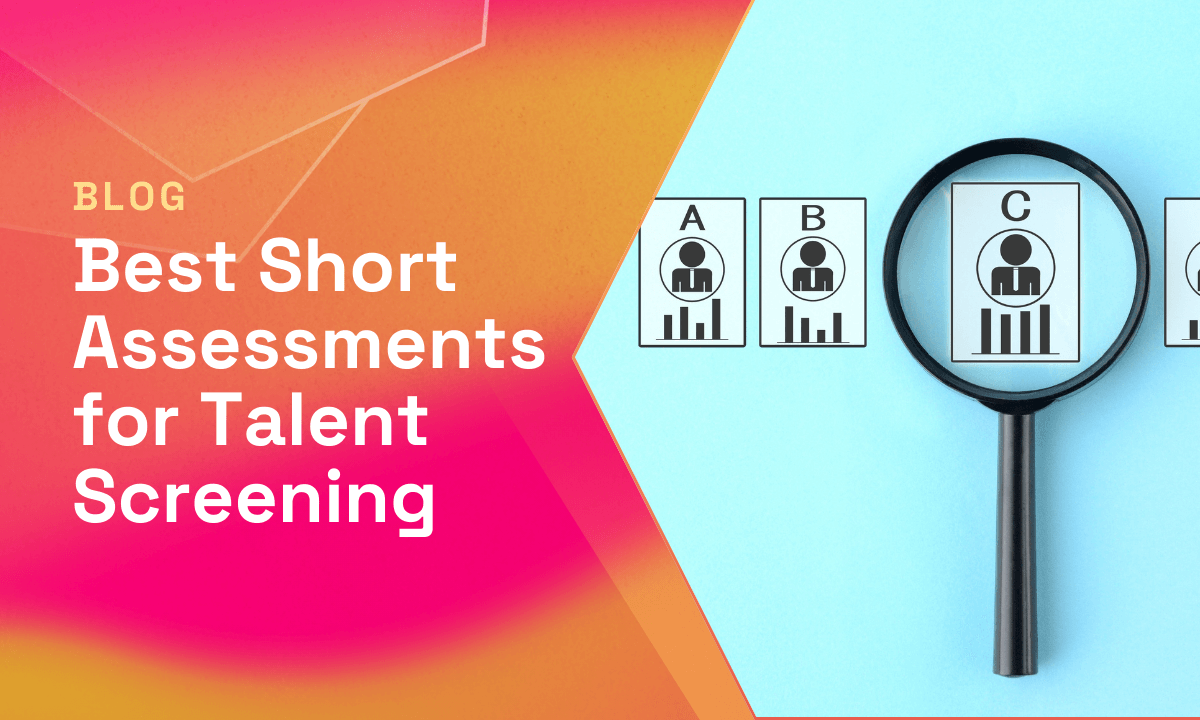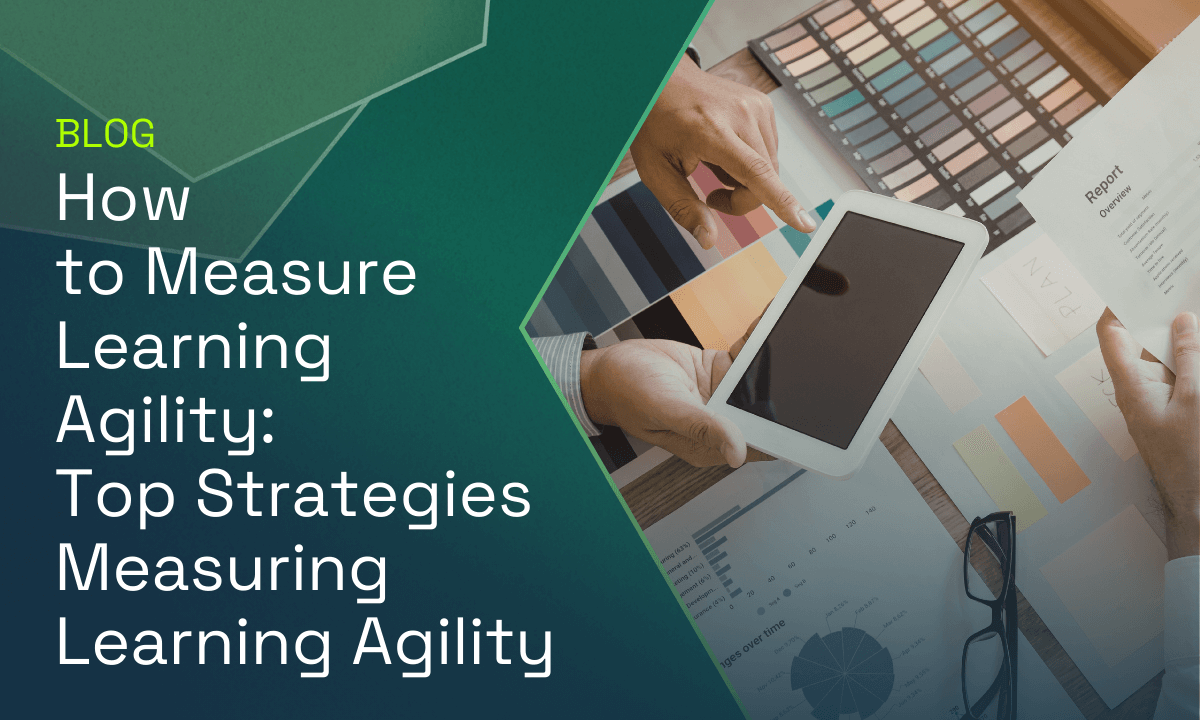How to use assessments throughout the whole talent journey
Talent assessments have become a vital part of the talent lifecycle, accounting for a whopping $7 billion worth of market valuation. It is not anymore restricted to the initial hire, the talent assessment journey extends far beyond than we all can fathom. Organizations seeking to maximize their workforce's potential should implement comprehensive assessments at every stage of the talent lifecycle. From recruitment to onboarding, development, and leadership building, these assessments play a crucial role in creating a high-performing, engaged, and resilient team.
How do these assessments play a major role in managing talent? One may ask.
Here are a few ways to inculcate talent assessments into your organization’s talent lifecycle as well!
- In Recruitment: Finding the Right Fit
The journey begins with recruitment, where assessments help identify candidates who not only have the necessary skills but also align with the company culture and values. Personality assessments provide insights into a candidate's behavioral tendencies and problem-solving skills. By integrating these assessments into the recruitment process, hiring managers can make more informed decisions, reducing the risk of turnover and enhancing team cohesion.
For example, scientifically validated assessments like Deeper Signals can reveal whether a candidate is naturally collaborative or prefers to work independently. This information can be critical for roles that require a high degree of teamwork.
- Onboarding: Smoothing the Transition
Once the right candidate is hired, the focus shifts to onboarding. Assessments during this phase can facilitate a smoother transition by identifying areas where new employees may need additional support or training. Understanding a new hire's strengths and weaknesses (or Core Drivers and Core Risks as indicated by Deeper Signals) allows for a more personalized onboarding experience, which can accelerate the time to productivity and enhance job satisfaction. For instance, a detailed assessment report by Deeper Signals can help managers tailor onboarding programs to address specific developmental needs. If a new employee excels in technical skills but lacks confidence in public speaking, targeted training can be provided to help them become more well-rounded and effective in their role.
- Development: Cultivating Growth and Potential
Continuous development is key to maintaining an engaged and capable workforce. Regular assessments help monitor progress and identify opportunities for further growth. By understanding employees' evolving strengths and areas for improvement, organizations can offer relevant training and development programs that align with individual career aspirations and organizational goals. How can Deeper Signals make it easier for you? We provide readily available customized e-learning support that would enhance the skills of your workforce.
- Building Leaders: Fostering Future Leadership
Not everyone wishes to be a leader, yes, but those who have the potential and wish to lead can be seamlessly identified and trained with the help of assessments. Assessments designed to evaluate leadership potential can identify employees who exhibit the qualities necessary for effective leadership, such as strategic thinking, emotional intelligence, and the ability to inspire and motivate others.
Using assessments to guide leadership development ensures that high-potential employees receive the support and training they need to succeed in leadership roles. This approach not only prepares the next generation of leaders but also ensures continuity and stability within the organization.

Modern assessment platforms like Deeper Signals offer sophisticated solutions that integrate seamlessly into each stage of the talent journey. These platforms utilize data-driven insights to enhance decision-making, provide real-time feedback, and support personalized development plans. By leveraging advanced analytics, organizations can gain a deeper understanding of their workforce and make more strategic talent management decisions. Investing in these assessments is not just about finding the right talent; it's about nurturing and developing that talent to achieve its fullest potential.





























